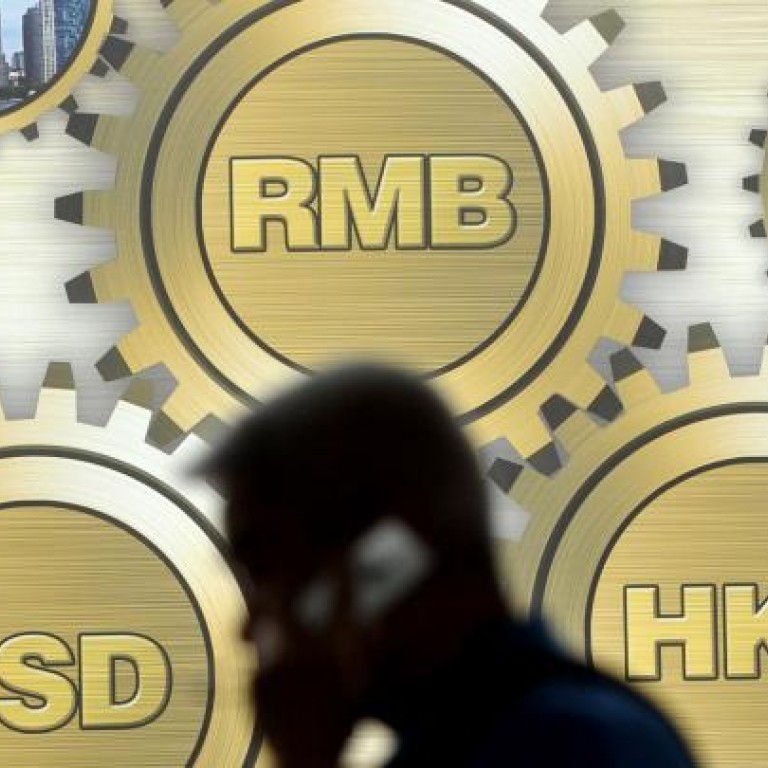
Cash dam reopened to flush out hot money
Monetary Authority steps in again to sell down local currency, bringing total injections in last two months to more than US$13.8b
The city's de facto central bank again sold down the Hong Kong dollar yesterday to maintain the currency peg to the US dollar as so-called hot money continued to pour in.

Analysts said the massive money inflow into Hong Kong was caused by the ultra-loose monetary policy in debt-laden United States and the European Union, where central banks have been buying government bonds and mortgage-backed securities to maintain ample money supply and keep borrowing costs low. Through this so-called quantitative easing, the Western governments hope to stimulate economic growth and cut unemployment.
"The trend of hot money inflow will not change in the short term, especially after the US government's stepping up of the quantitative easing programme," AMTD Financial Planning general manager Kenny Tang Sing-hing said. "Now that Japan has chosen a new prime minister, it is also widely expected to engage in similar operations to stimulate its moribund economy."
According to Reuters data, the equivalent of US$13.83 billion in Hong Kong dollars has been injected into the market since October 20. After the latest intervention, the sum of balances on clearing accounts maintained by banks with the HKMA will rise to HK$255.85 billion on December 27, indicating a continuing rise in the supply of Hong Kong dollars.
Analysts said the incoming funds were expected to be invested in assets seen as providing better returns than elsewhere in the world, especially Hong Kong and mainland shares, following Hong Kong's clampdown on property speculation.
In addition to buying Hong Kong-dollar-denominated mainland stock funds, overseas investors can also gain exposure to the mainland stock market by converting Hong Kong dollars into yuan and buying yuan-denominated stock funds under the renminbi qualified foreign institutional investor scheme.
Since higher stamp duties were imposed on home purchases by nonlocal and corporate buyers, prospects of further price gains in property had dimmed after soaring some 20 per cent in the past year, Tang said.
"Despite substantial gains of late, Hong Kong and mainland shares are still attractive compared to US and European stocks," he said. He predicted the Hang Seng Index will touch 26,000 next year. The index yesterday closed 0.7 per cent lower at 22,506.29 points.
Hong Kong and mainland stocks are fetching just under 12 times earnings, compared to 14.7 times of US stocks and 18.5 times of European ones, according to Bloomberg data.
After gaining 25 per cent from a low of 18,056 in early June, the Hang Seng Index will meet major resistance at the 23,000 level before the year-end, Amicus Asset Management director Conita Hung Lai-ping forecast. She said the bull run would continue in next year's first half but concerns over inflation and a slowdown in the economy were likely to result in a correction in the second half.

